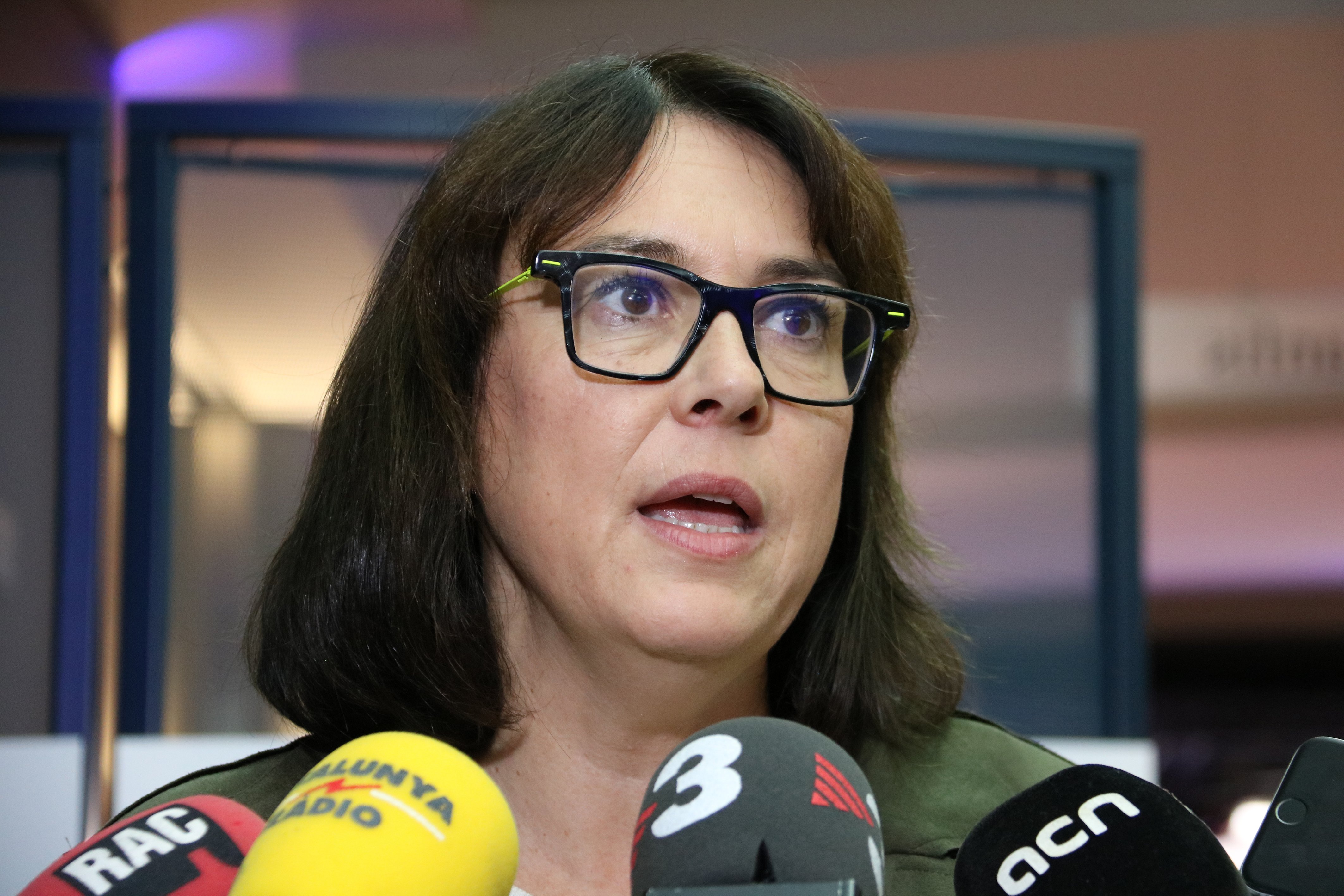A Catalangate criminal case, reactivated. The provincial-level criminal court, the Barcelona Audience, has ordered that Spain's National Intelligence Centre (CNI) be asked to explain whether it bought Pegasus software and spied on the Catalan Republican Left (ERC) politicians Diana Riba, MEP, and Josep Maria Jové, Catalan MP, in 2019, according to a resolution that was communicated this Monday. Specifically, the Barcelona criminal court orders the head of Barcelona investigating court number 20 to proceed with inquiries on the complaint that it admitted to hearing last December, but on which it did not agree on any action, despite demands from the lawyer for the two ERC politicians, Andreu Van den Eynde. The court specifies that the lower level judge must take a statement, as a witness, from the current director of the CNI, Esperanza Casteleiro, and also inform the Israeli company NSO, owner of Pegasus, that it is under investigation. The case is one of many based on complaints laid by people close to the Catalan independence movement who were spied on using the advanced software as reported in the Catalangate study, which have made little progress in the Spanish judicial system up till now.
In the resolution, a chamber of the Barcelona Audience - made up of judges Eduardo Navarro, Myriam Linage and Carme Guil, spokesperson judge - takes a critical line towards the head of the Barcelona court number 20, judge Eva Moltó, because - it says - if she accepted the complaint by the ERC politicians over Pegasus, it was to carry out some of the inquiries requested by the party, but in this case she only asked for information from the public prosecution service, and the specialist IT crime prosecutor indicated that it was first necessary to analyze the mobile phones of those affected to see if they really suffered an attack. In this regard, the court shares the prosecutor's opinion that an analysis of the phones needs to be carried out by an expert with a objective view, and not just that of the complainants, which is part of the case.
Actions took place in Spain
In the resolution, the court affirms that if the complaint has been admitted, "it is mandatory" to notify the defendant company, in this case, NSO Group and OSY TECHNOLOGIES SARL, and require their registered offices of these firms to designate legal representatives. "It is also mandatory, as we say - adds the court - to take a statement from the legal representative of the merchant subject to the complaint, if it is not an "incoherent" action, and it thus orders that "the first and mandatory inquiry must therefore be to take a statement from the organization subject to the complaint as requested”.
The Barcelona Audience also states that "it cannot share the prosecutor's assertion that Spanish jurisdiction would only be competent 'if the production and facilitation of a computer program to a third party had been verified in Spanish territory'". And the court declares: "The facts that are the subject of the complaint are the recording or interception of communications of the two complainants who are Spanish and were in Spain, therefore, regardless of the place from which the message that gave rise to the infection is sent with the software, the competence for the investigation is with Spanish judges and courts".
Permission from the Supreme Court?
Up till now, the former director of the CNI, Paz Esteban, has only been required to testify as a witness before the judge of the National Audience, José Luis Calama, who is investigating the use of the Pegasus software against members of the Spanish government, specifically, the prime minister Pedro Sánchez, defence minister Margarita Robles, and interior minister, Fernando Grande-Marlaska.
However, in the complaints filed by those affected by the pro-independence groups Òmnium and the ANC, and political parties the CUP and ERC, which have been heard in different courts in Barcelona, the complainants have only been asked to provide their mobile phones for analysis if they were infected, as the prosecutor claims, asserting that in the complaints there is only "journalistic report" without verification.
"It wouldn't be illegal"
Now, this Barcelona court, in the case of Diana Riba and Josep Maria Jové, considers it "pertinent" for the current director of the CNI, Esperanza Casteleiro, to testify as a witness and give clarification over "the purchase of Pegasus software and its use", adding that the explanation required is "limited to Jové and Riba". It also states that "obviously, if the use of the software has been made in accordance with the provisions of Organic Law 2/2002, this use would not be illegal". It should be recalled that the mentioned law stipulates the need for the CNI director to request judicial authorization from the designated Supreme Court judge, specifying the information and the duration that the initial measure would have, as well as successive extensions.
Therefore, the court concludes, the requested statement of the director of the CNI "would not be 'prospecting', as the public prosecutor claims, but rather, necessary to determine whether the action that was taken in that case with the spyware was carried out in accordance with the law in force, with the legal limits and with judicial authorization", and admits that "even though, given the secret nature of these actions, no more information can be given than the confirmation of having used this program".

